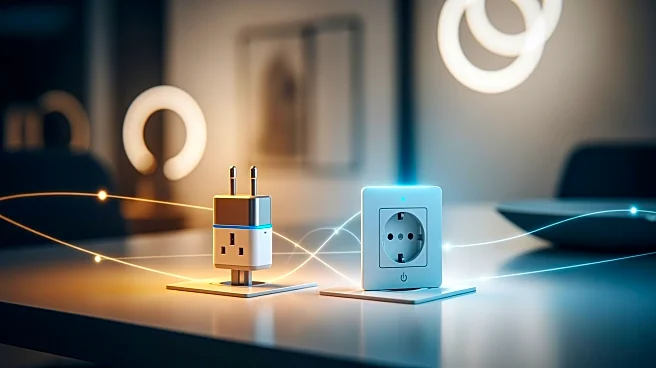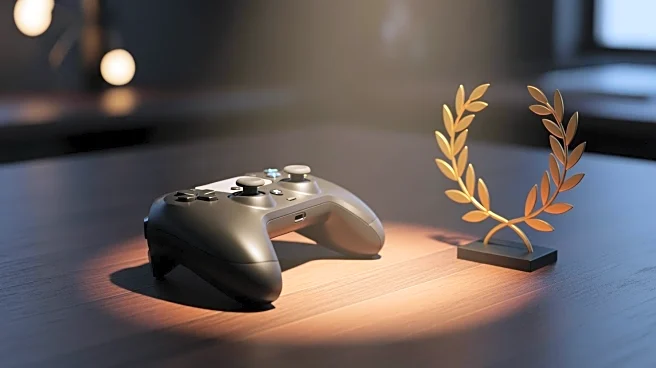What's Happening?
The decision between smart plugs and smart outlets is a common consideration for those looking to enhance their smart home systems. Smart plugs are known for their ease of installation and portability, making them a popular choice for renters and those who
prefer a plug-and-play solution. On the other hand, smart outlets offer a more permanent and aesthetically pleasing solution, ideal for homeowners who want a seamless integration into their home’s electrical system. Smart outlets are particularly beneficial in locations where security is a concern, such as short-term rentals. However, they require more effort to install, often necessitating professional help, which can increase costs.
Why It's Important?
The choice between smart plugs and smart outlets can significantly impact the functionality and cost of a smart home system. Smart plugs offer flexibility and are cost-effective, making them accessible to a wider audience, including renters. They allow for easy relocation and are suitable for temporary setups. Conversely, smart outlets provide a more integrated and secure solution, appealing to homeowners who plan to stay in their homes long-term. This decision affects not only the initial setup cost but also the long-term usability and resale value of a home, as smart outlets can be a selling point for prospective buyers.
What's Next?
As smart home technology continues to evolve, consumers can expect further advancements in both smart plugs and smart outlets. Future developments may focus on improving the aesthetics and functionality of smart plugs, making them even more compact and efficient. For smart outlets, innovations may aim to simplify installation processes and reduce costs, potentially making them more accessible to a broader audience. Additionally, as more homes integrate smart technology, the demand for both types of devices is likely to increase, prompting manufacturers to offer more competitive pricing and features.
Beyond the Headlines
The decision between smart plugs and smart outlets also touches on broader themes of home automation and energy efficiency. Smart plugs can help users monitor and reduce energy consumption by providing data on usage patterns. This can lead to more sustainable living practices. Meanwhile, smart outlets, with their permanent installation, can support more complex smart home systems that operate independently of the internet, offering enhanced security and reliability. These considerations reflect a growing trend towards smarter, more connected living environments.















